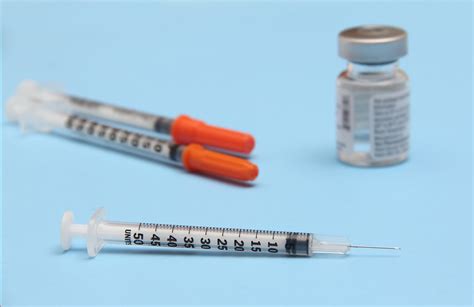Insulinsulin - Essential Hormone for Blood Sugar Regulation
Insulinsulin FAQ
What is insulin & why is it important?
Insulin helps you manage your blood sugar levels and helps prevents short-term or long-term serious health problems known as diabetes complications. What is insulin? What is insulin resistance? Find out what insulin resistance is and what it means for your type of diabetes - or risk of diabetes.
Why do people with diabetes take insulin?
It’s a hormone (chemical) made in your body that helps manage blood sugar levels. Insulin also comes as a medication that some people with diabetes take if their body doesn’t make any insulin – or what it makes doesn’t work properly – called insulin resistance. Everyone with type 1 diabetes takes insulin as a medication.
How does insulin work in Type 1 diabetes?
Insulin is a hormone made in your pancreas. It helps your body use glucose (sugar) for energy. In type 1 diabetes your pancreas no longer makes insulin, so you have to inject it to control your blood glucose levels. There are different types of insulin, taken at different times. This is called long-acting, background or basal insulin.
What is injected insulin & how does it work?
The injected insulin acts as a replacement for, or a supplement to, your body’s natural insulin. People living with type 1 diabetes can’t make insulin, so they must inject insulin to control their blood glucose levels. Many people living with type 2 diabetes can manage their blood glucose levels with lifestyle changes and oral medication.
What is insulin & how does it work?
What is insulin? Insulin is a polypeptide hormone secreted by pancreatic beta cells, which acts to lower blood glucose to prevent hyperglycaemia and its associated complications. In people with type 2 diabetes, there is a variable combination of increased insulin resistance and progressive loss of pancreatic beta cell function.
How is insulin made?
Insulin is manufactured to closely resemble our natural human insulin. It can also be derived from animals (called porcine insulin and bovine insulin), although these are rarely used nowadays. Insulin cannot be taken by mouth, as it is destroyed by digestive enzymes. It is therefore given by an injection just under the surface of the skin.
Insulinsulin References
If you want to know more about Insulinsulin, consider exploring links below:
What Is Insulinsulin
- https://www.nhs.uk/medicines/insulin/insulin-for-type-2-diabetes/
- https://www.diabetes.org.uk/guide-to-diabetes/managing-your-diabetes/treating-your-diabetes/insulin/what-is-insulin
- https://my.clevelandclinic.org/health/body/22601-insulin
- https://www.healthline.com/health/type-2-diabetes/insulin
- https://en.wikipedia.org/wiki/Insulin
- https://www.diabetes.co.uk/about-insulin.html
- https://cks.nice.org.uk/topics/insulin-therapy-in-type-2-diabetes/background-information/what-is-insulin/
Insulinsulin Information
Explore Related Topics
Music Therapy: A Novel Approach to Diabetes Stress Management?
Uncover the potential of music therapy as a unique stress reduction technique for individuals with diabetes
